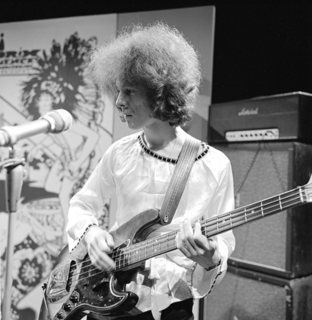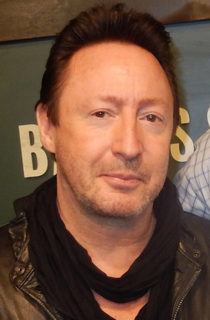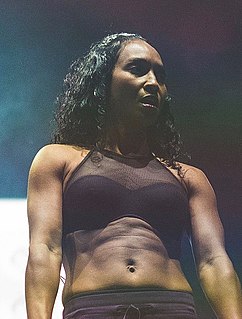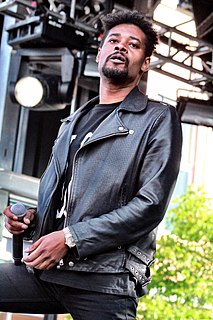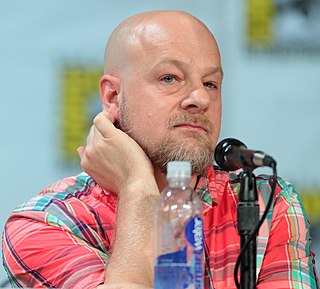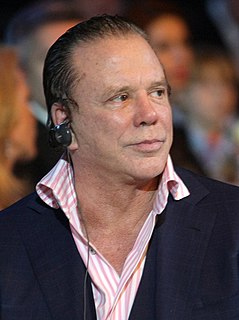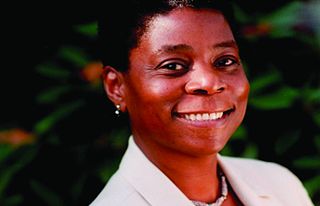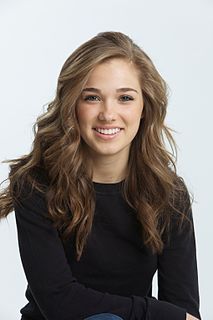A Quote by John Prine
People thought we were crazy for starting a record company. They really thought I was shooting myself in the foot.
Related Quotes
I always kind of divided the gay guys I met up into two groups when I first started coming out. There were the guys who thought there was something fundamentally wrong with them and hated themselves and were so burdened with shame and internalized homophobia. It just really paralyzed and shredded them. And then there were guys like me who thought, "I'm fine, everybody else is crazy. My church is sick and the family's crazy, but me? I'm fine."
When I was 16, my friends and I were all starting to think about what we were going to do with our lives, and I started picturing myself majoring in dance at college traveling around with a contemporary dance company, and it didn't excite me as I thought it would all those years. I was just thinking about the things that I loved most about dance, which was entertaining and telling a story, and that's when I kind of opened my eyes again to acting.

